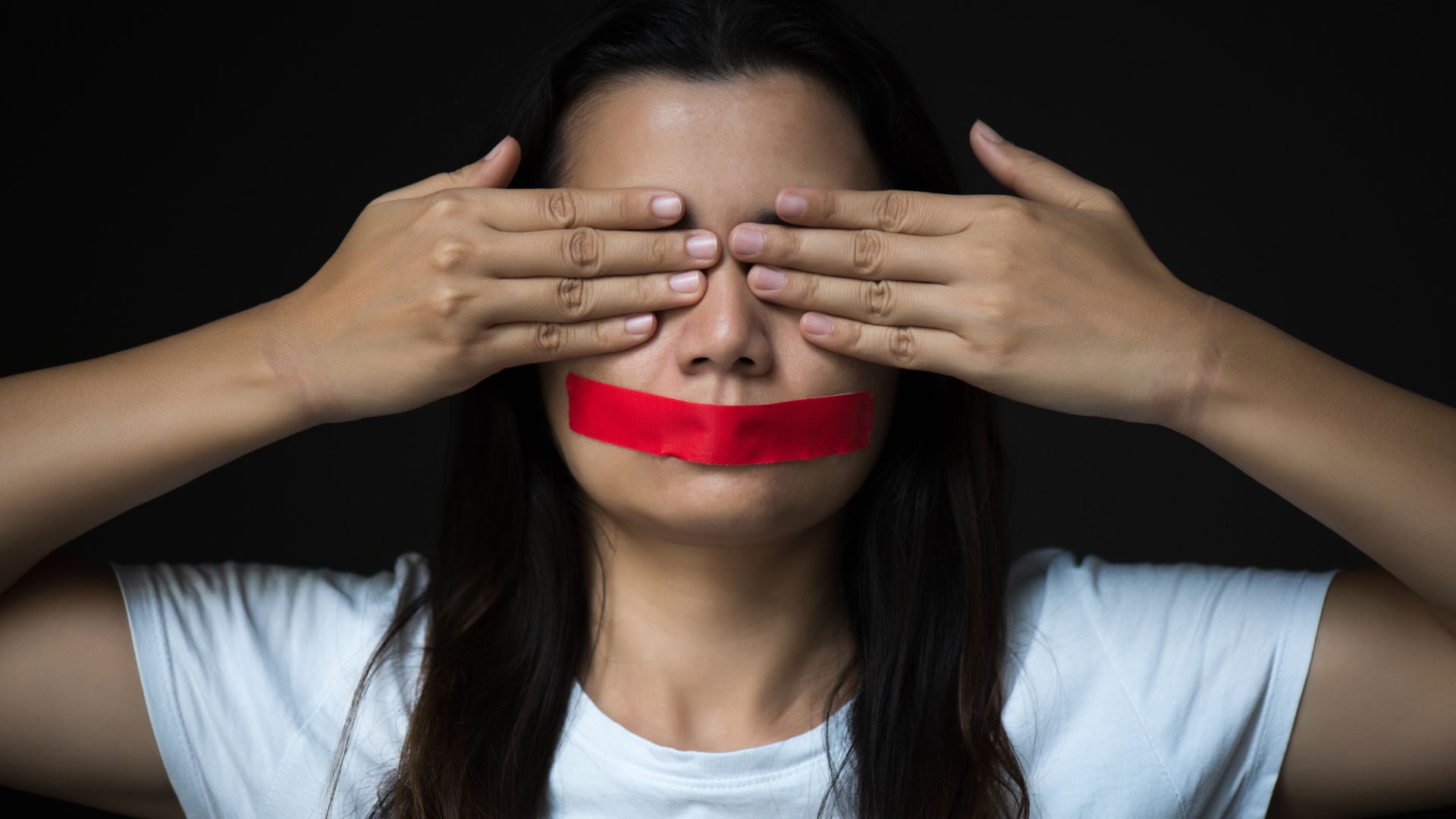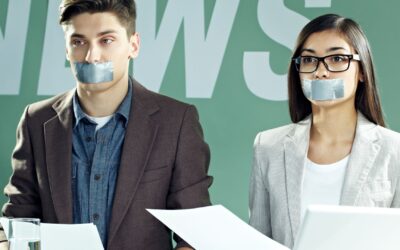Introduction
Freedom of speech, a cornerstone of democracy, is a fundamental right that empowers individuals to express their thoughts, opinions, and ideas without fear of censorship or reprisal. It is a bedrock principle that underpins the democratic fabric of societies, allowing for the free exchange of diverse perspectives. In this blog post, we delve into the significance of freedom of speech, its historical context, and the delicate balance required to preserve this cherished right.
The Historical Evolution
The concept of freedom of speech has deep historical roots, dating back to ancient Greece where the democratic city-state of Athens valued open discourse. However, the true crystallization of this principle can be traced to the Enlightenment era in the 17th and 18th centuries. Thinkers like John Locke and Voltaire championed the idea that individuals should have the right to express their thoughts without fear of government interference.
The Importance of Freedom of Speech
- Fostering Democracy: Freedom of speech is the lifeblood of democracy. It allows citizens to engage in informed decision-making by providing a platform for the exchange of ideas. A diverse range of opinions contributes to robust public discourse, ultimately shaping policies that reflect the will of the people.
- Encouraging Innovation: In a society where individuals are free to express their ideas, innovation thrives. New technologies, scientific breakthroughs, and artistic creations often emerge from an environment where individuals are not constrained in their ability to share and build upon each other’s thoughts.
- Holding Power Accountable: A free press and the ability to criticize those in power are essential components of a functioning democracy. Freedom of speech acts as a check on authority, ensuring that those in power remain accountable to the public and that corruption and abuse are exposed.
- Cultural Enrichment: A society that embraces freedom of speech is one that celebrates diversity. It allows for the preservation and expression of different cultural, religious, and ideological perspectives, contributing to a rich tapestry of human experience.
The Limits and Challenges
While freedom of speech is a fundamental right, it is not absolute. The proverbial line is drawn when speech poses a direct threat to public safety or incites violence. Striking the right balance between safeguarding the public and preserving individual liberties is an ongoing challenge for societies.
- Hate Speech and Disinformation: With the rise of the internet and social media, the challenge of curbing hate speech and disinformation has become more complex. Finding ways to address these issues without compromising the essence of freedom of speech remains a pressing concern.
- Censorship Concerns: Governments and private entities occasionally grapple with the ethical dilemma of whether to restrict certain forms of expression. Striking the right balance between safeguarding against harm and allowing open discourse is crucial to avoid slipping into censorship.
Conclusion
Freedom of speech stands as a beacon of democracy, allowing societies to thrive through the free exchange of ideas. As we navigate the challenges of the modern age, it is essential to uphold and protect this fundamental right while remaining vigilant against potential abuses. In doing so, we can ensure that the tapestry of diverse voices continues to weave the story of democratic societies for generations to come.


